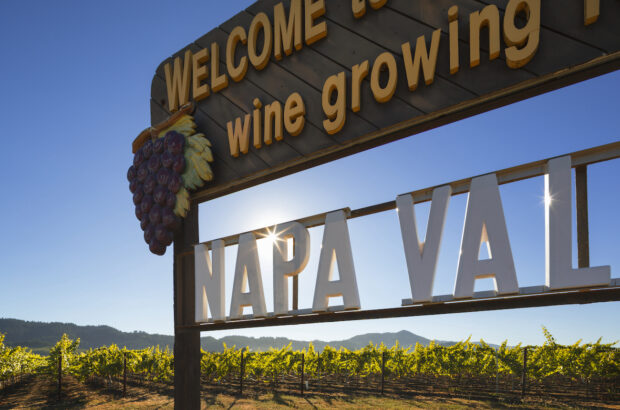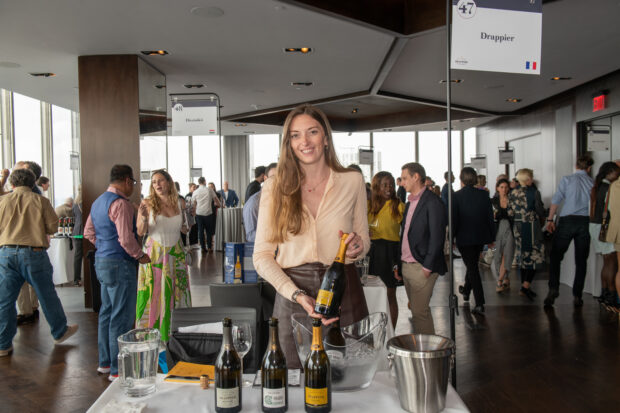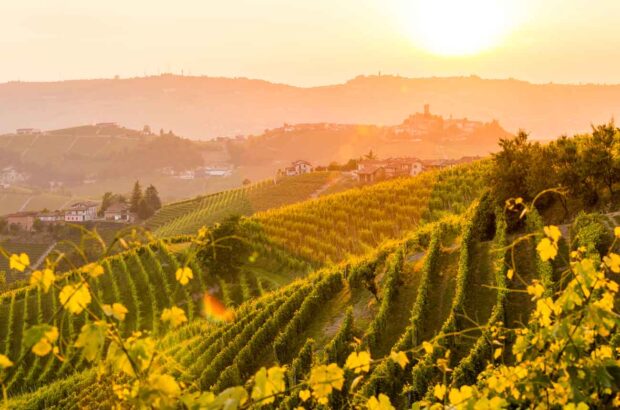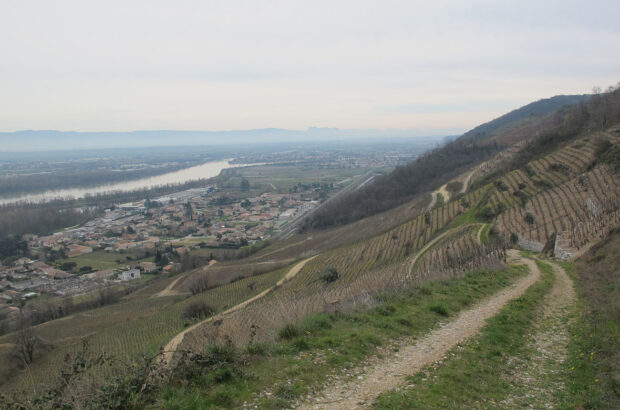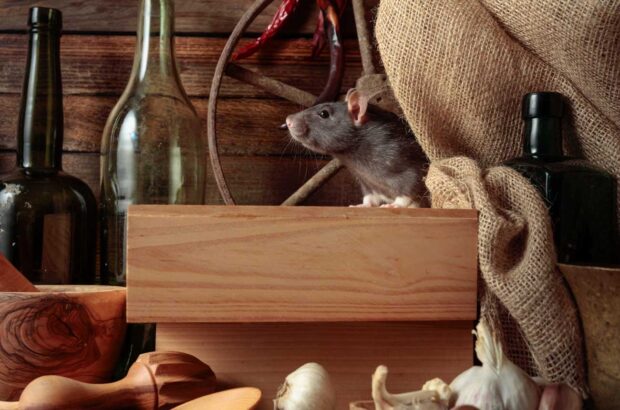The focus of the symposium, unsurprisingly, was on the challenges posed by climate change. As if to illustrate the immediacy of the threat, the symposium took place during a heatwave, with temperatures of over 40°C in Bordeaux and extreme weather events recorded across the coountry: parts of southwest France saw violent storms and winds of 112kph on the evening of 20 June, while vineyards across the Médoc and St-Emilion were damaged by hailstones ‘the size of golfballs’.
As Olivier Bernard of Domaine de Chevalier warned, ‘so far global warming has been good for Bordeaux: the last seven years have seen five great vintages. But the worst is ahead, and we will have to learn to put our foot on the brake.’ Nathalie Ollat, research director at the National Research Institute for Agriculture, Food and the Environment, said that extreme climatic events were a growing concern, with numerous frosts in recent years affecting yields.
There was also concern over the effects of global warming in lowering acidity and raising alcohol. As Gilles Brianceau, director of Inno’vin, put it, ‘losing profitability is not a threat for 2030; it already exists. Half of wine-growers tell us that their biggest challenge is to produce lighter wines with less alcohol that are easy to drink – and that’s very difficult with climate change.’
Rethink
Marta Mendonça of the Porto Protocol noted that ‘typicity evolves with climate. Wine regions are going to have to reconsider the way they have done things for centuries.’ One much-debated solution has been introducing non-traditional grape varieties that are better adapted to a warmer climate. In 2021, seven new varieties, including Touriga Nacional and Alvarinho, more familiar in Portugal, were authorised for use in Bordeaux wine.
As Bordeaux expert Jane Anson observed, wine production has always adapted. We tend to assume that Cabernet Sauvignon was always in Bordeaux, but it did not become popular until the 18th century. ‘If I was planting vines today,’ said Ollat, ‘I would diversify varieties and avoid planting too much Merlot. A hundred years ago, there was not much Merlot in Bordeaux.’

Left to right: Tamlyn Currin, Katie Jackson, Ilai Englard, Rachel Kolbe Semhoun, Jessica Villat, Marc Reynal. Credit: Philippe Labeguerie
Jérémy Cukierman MW, director of Kedge Wine School, remained resolutely optimistic. ‘The situation is urgent, but we must focus on the incredible resilience of people in the wine sector. All over the world, wine-growers are finding ways of adapting to climate change. In Roussillon and Swartland, both very dry regions, producers are succeeding in producing elegant wines by harvesting earlier.’
Ollat agreed: ’We must be optimistic, because the sector has always evolved and ways of making and selling wine have changed.’ Mendonça noted that many producers in California have changed their practices since the devastating wildfires there and stressed the importance of sharing information. ‘We have to think as a community to share existing solutions, whether locally or with the other side of the world.’
Innovation
An inspiring discussion on agro-ecology highlighted innovations that can help wine producers take more sustainable approaches in the vineyard. Katie Jackson, co-founder of International Wineries for Climate Action (IWCA), set out initiatives by Jackson Family Wine in California to understand carbon hotspots in the vineyard and better manage limited groundwater sources. Jessica Villat spoke eloquently of her research at Harvard University on the huge potential of regenerative viticulture practices to sequester carbon in the soil.
By identifying efficiency gains along the supply chain, artificial intelligence can reduce wine producers’ carbon footprints. Ilai Englard described some of the forecasting, simulation and automation tools developed by his Israeli company, Trellis, to ‘empower wine-growers to make better decisions’.
According to Rachel Kolbe Semhoun, head of sustainability at InVivo, digitalisation can help to create more resilient viticultural ecosystems, with healthier grapes and soils. Dual-use ‘agrivoltaics’ – integrating photovoltaic solar panels into agricultural land – is enabling winegrowers to increase shade in their vineyards, improving soil humidity and biodiversity, while at the same time generating income from solar energy production.
Speakers agreed that, as the impact of climate change increases, wine drinkers across the world are becoming more focused on sustainability and health. ‘Wine-growers are increasingly trying to make “honest” wines that are unadulterated expressions of where they come from,’ said Pierre Mansour of the Wine Society. ‘And people are eating less meat too, so they want wines that go well with vegetarian or vegan food.’
The need for transparency was a recurrent theme of the symposium. ‘With social media, you have to say what you do and do what you say,’ noted Bernard. ‘Nature will be the key word of the future, and the younger generation are ready for that.’ Mansour felt producers would come under more and more pressure from consumers to be transparent and prove that wines which claim to be sustainable truly are.

Left to right: Lucy Britner, Lulie Halstead, Rob Malin, Damien Barton Sartorius, James Law. Credit: Philippe Labeguerie
Packaging
Consumer perceptions of sustainability will also affect wine packaging. As Damien Barton Sartorius of Barton Family Wines stressed, it is a complex issue: ‘you get organic producers who brag about what they do in the vineyard while bottling their wines in heavy glass bottles’.
According to Lulie Halstead of Wine Intelligence, 59% of consumers continue to see glass as a sustainable form of packaging, because they believe glass bottles are recycled, whereas only 37% see bag-in-box as sustainable, although it has a much lower carbon footprint.
Barton and James Law of the East London Liquor Company described bottle reuse schemes they are championing in an effort to promote a more sustainable circular economy. Law felt that governments should impose heavier taxes on carbon-intensive packaging like glass than on more sustainable forms of packaging. ‘We need to think about radical approaches.’
Ecommerce
The impact on wine of the pandemic and ecommerce was also discussed at length. Felicity Carter, executive editor of Pix, noted that as borders closed, many wine producers struggled to sell their wines, but that it was hard for small wine producers to get noticed online. Pam Dillon, CEO of Preferabli, felt that the Covid crisis had accelerated a process that was already underway. In her view, the challenge is now to create digital tools – like Preferabli – to match up wine producers and consumers from all over the world.
A discussion between Thomas Gomart, director of the French Institute of International Relations, and Vinexposium chairman Christophe Navarre, highlighted the impact of geopolitical events on the wine and spirits sector. Like many other economic activities, wine and spirits are facing strong headwinds with conflict in Europe, the most serious commodity shock for decades, and a struggle for ‘control of global capitalism’.
Chinese tariffs imposed on Australian wine as a result of geopolitical tensions reportedly led to a 97% fall in Australia’s wine exports to China in 2021, while Russia ran roughshod over protected French Protected Designations of Origin (PDOs) by appropriating the terms ‘Champagne’ and ‘Cognac’ for Russian products. Navarre, however, remained optimistic that ‘strong brands will survive’.
Time for action
Overall, the key message of the symposium was of the need to act on climate change, without letting the best be the enemy of the good. As Mendonça put it, ‘this is about action, not perfection.’ There was also much optimism about the sector’s ability to ‘do things differently’. Looking forward to the world of wine and spirits in 2030, Navarre felt that ‘positive pressure from the younger generation will enable us to build even better products for the future.’



